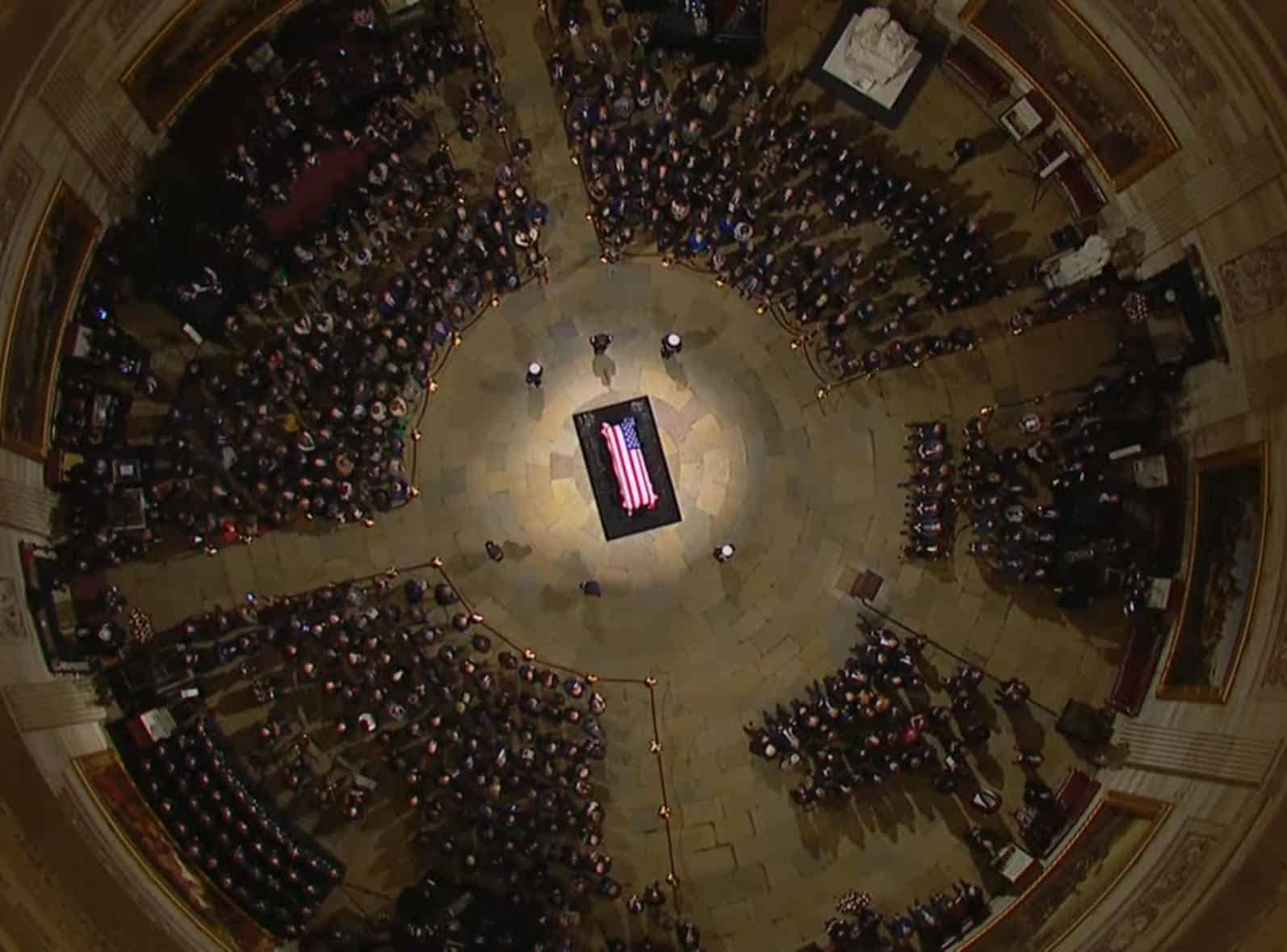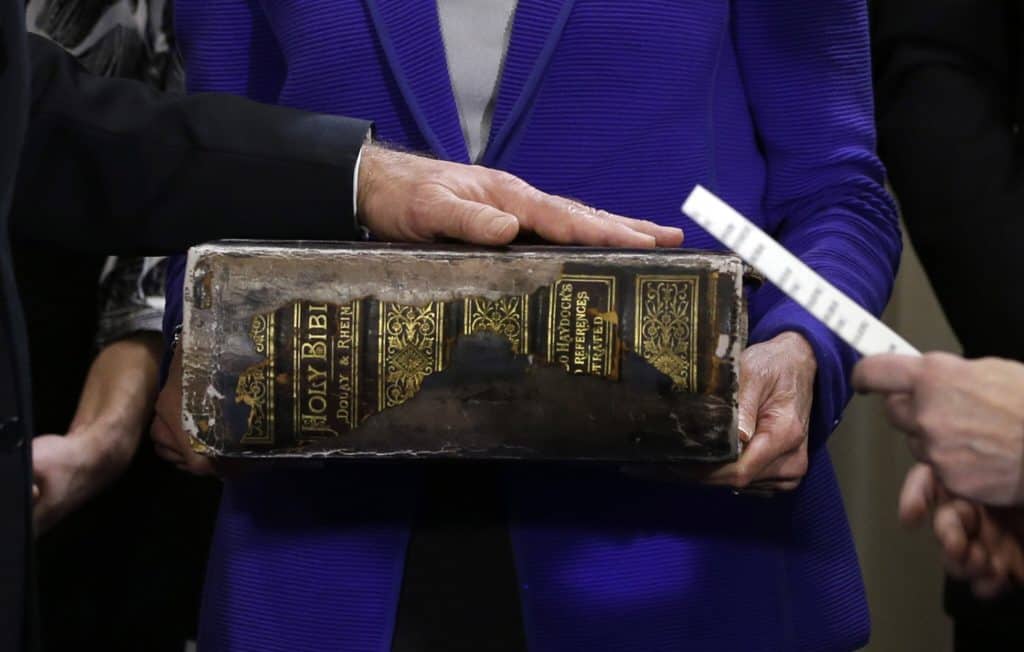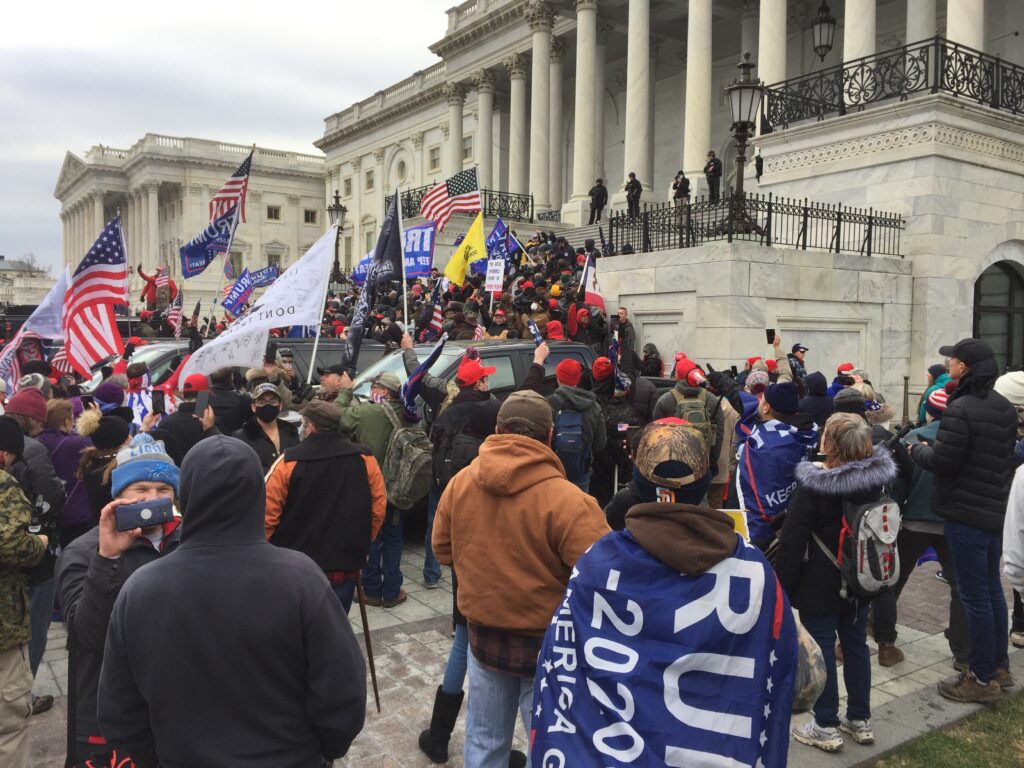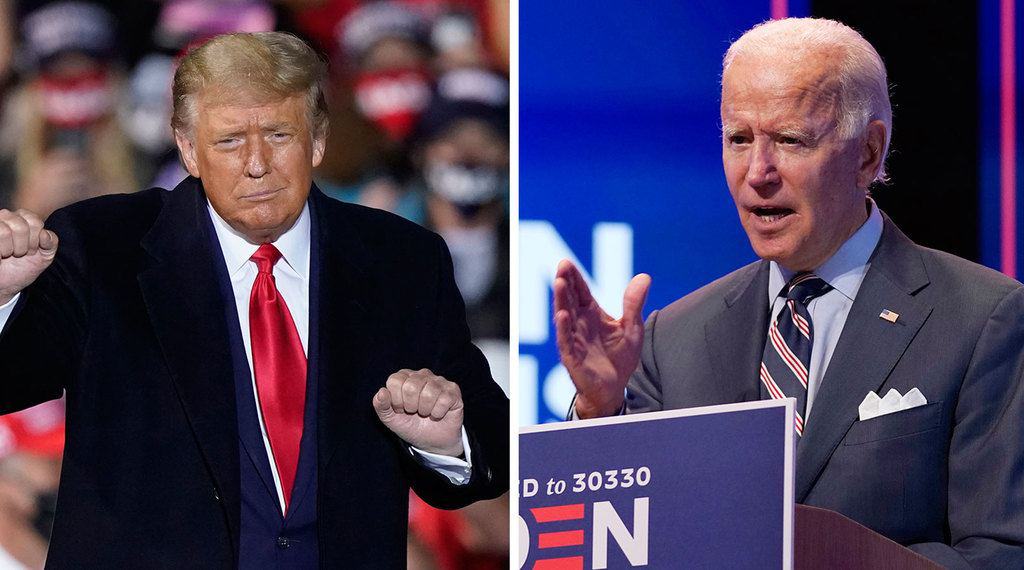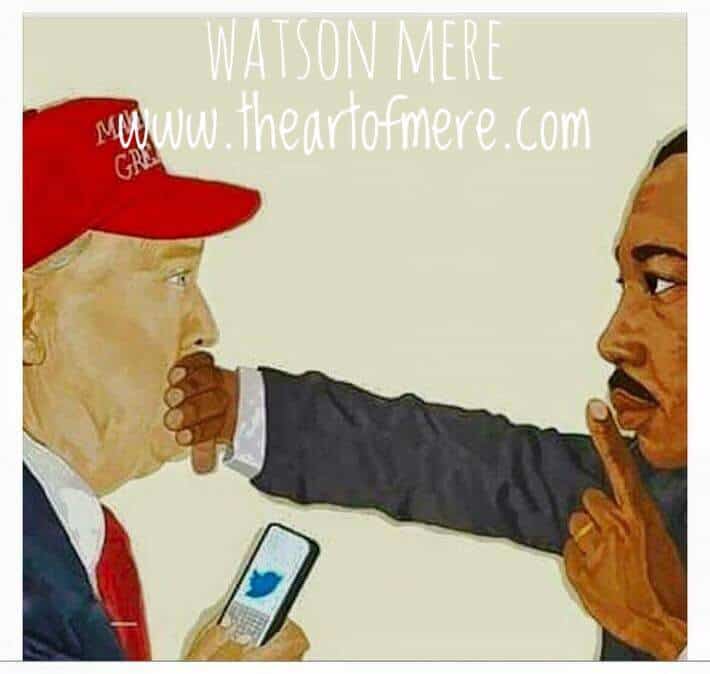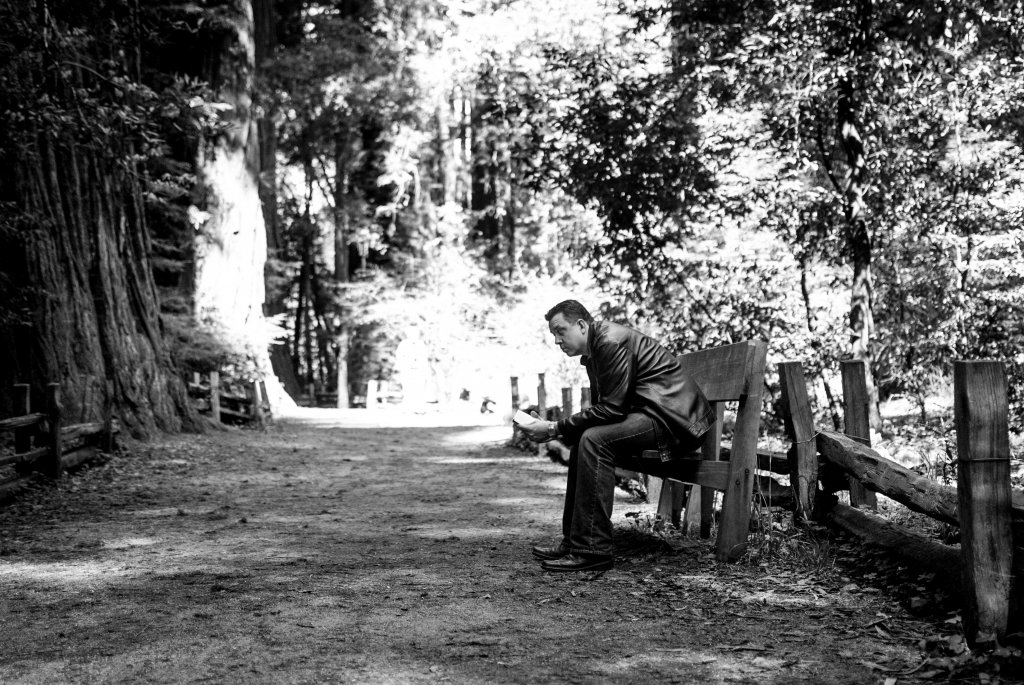I remember exactly where I stood when the newscaster called the 1980 presidential election for Ronald Reagan. I was excited and greatly relieved. I remember letting out a deep sigh and thanking God that the right man had won. I have no recollection of why I experienced either of those emotions, but I felt them. That moment is my earliest memory of a political event.
I was a young Evangelical child who was both impressionable and naïve.
A Nation in Mourning
This week, my heart hurt as I watched the first Washington D.C. ceremony honoring the life of President Jimmy Carter. Vice President Harris’ tribute honoring a man with an undeniably good heart moved me.
President Carter was a canary in a coal mine and, in my mind, was one of the first casualties of this modern form of Christian Nationalism. He was a profoundly moral man, possessing genuine faith, which resulted in him being of fundamentally good character and taking selfless actions.
He was also an Evangelical whom conservative Evangelicals simply couldn’t abide.
President Carter and Christian Nationalism
President Carter, a Southern Baptist, supported the Equal Rights Amendment (ERA), which proved to be a poor fit as the Southern Baptist Convention (SBC) began to move away from its support for the ERA. President Carter was cast aside as the SBC made a rightward turn, becoming more political and theologically conservative. Carter proved more socially liberal and became the perfect fodder for the Moral Majority and its band of culture warriors. With the advent of televangelism and a penchant for spectacle that constantly grabbed attention, the Christian Right gained prominence.
Carter was a lifelong Evangelical, but Reagan was the candidate heavily courted by the religious Evangelical right. The relationship proved mutually beneficial—Reagan and, by association, the Republican Party became the cultural face of religious and social conservatism doused liberally in scripture. Once, when asked if he was “born again,” Reagan dodged the question.
Jimmy Carter, a man of deep faith with no background in front of television cameras, didn’t seek to ply his faith as a political tool to woo constituents, nor did he continually put on airs of bravado. He did his best to live a thoughtful and caring life in service to others, informed by his faith, which sometimes put him at odds with those around him. Carter was a farm boy turned naval engineer—the only U.S. president to have graduated from the U.S. Naval Academy.
The pivoting of the SBC and religious conservatives away from the moderate Carter proved a foreshadowing of today’s Republican Party that not only casts out but castigates any who dare support moderate policies. Ronald Reagan’s long-lasting impact on culture in the United States not only Americanized religion but also militarized it.
There is so much we should have seen coming.
Reflecting on the State of American Evangelicalism
I lament where we now find ourselves. The American Evangelical movement has morphed into a cultural and nationalistic movement rather than a Christian one, clinging tightly to the religious symbols and performances it has successfully co-opted in its quest for unadulterated power.
As I watched the tribute to the remarkable life of Jimmy Carter, I felt a profound sense of loss. We lost a man who personified the best of America—a shining example for anyone who claims to be a person of faith. Now, more than ever, we need people who are beacons of kindness, goodness, gentleness, and hope, all the qualities that faithful people aspire to.
Despite becoming intimately acquainted with the world’s burdens as president, Jimmy Carter did not despair, nor was his spirit crushed.
Living a Faith Worth Emulating
Upon leaving the White House, he and his wife Rosalynn established a nonprofit foundation with a public focus on human rights and alleviating the suffering of others, which continues to make a significant impact on the world. More privately, he and Rosalynn were dedicated supporters of Habitat for Humanity, helping to provide housing for their less advantaged neighbors. President Carter became an accomplished woodworker and authored 30 books covering topics such as poetry, faith, diplomacy, democracy, children’s fairy tales, and even a historical novel. To cap it off, he even picked up painting later in life. He was a brilliant man who used his brilliance for good—helping others while continuing to nurture his intellect.
Where Should We Go From Here?
As we prepare for the tumultuous uncertainty of the next four years with an incoming president of demonstrably poor oral capacity, let’s not despair.
Instead:
Let’s look for the helpers.
Let’s become the helpers.
Let’s keep fighting for human rights.
Let’s keep living, learning, and loving each other.
Let’s live a faith worth emulating in service to humanity, just as President Carter did.
Let’s make him proud.
Image: Video screenshot

